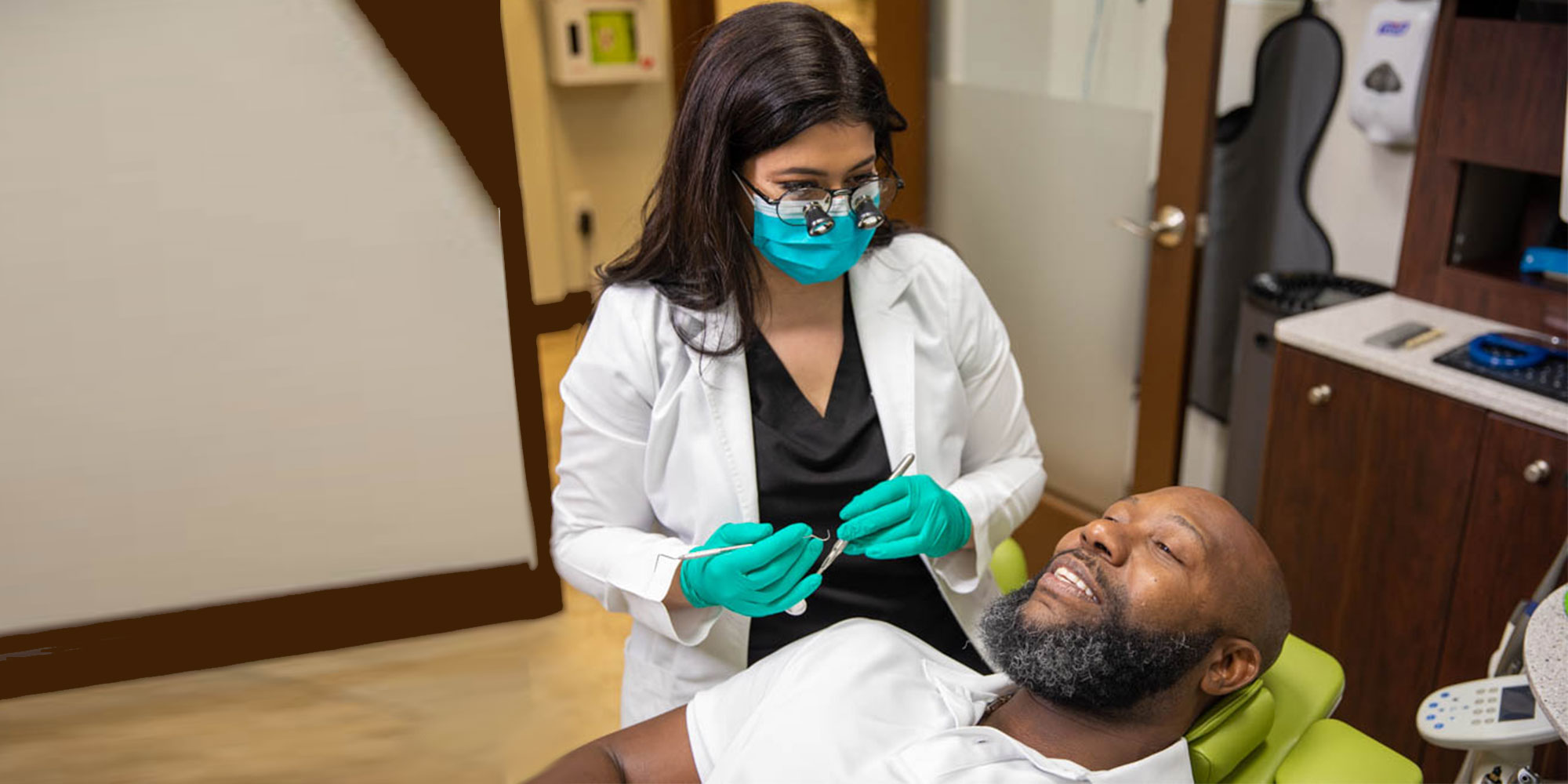Pursuing dentistry in Europe is a strategic decision for aspiring dental professionals. With world-class education systems, state-of-the-art technology, and clinical opportunities, Europe remains a hub for dental excellence. If you’re aiming to study at the best dental schools in Europe, it’s essential to choose institutions that offer not only academic depth but also extensive hands-on training. Clinical experience plays a pivotal role in developing your practical skills and confidence. In this article by Desire2Study, we explore five exceptional institutions that meet these high standards and offer outstanding dental programs with immersive clinical exposure.
Why Choose Dental Schools in Europe?
European dental schools are known for their research-based curricula, international diversity, and clinical training integrated early into their programs. Students benefit from smaller class sizes, modern dental labs, and connections with hospitals and clinics that enable real-world experience from the early years. The best dental schools in Europe also follow the Bologna Process, ensuring high educational standards and degree recognition across the continent and beyond.
1. Karolinska Institutet – Sweden
Ranked among the most prestigious medical universities in the world, Karolinska Institutet in Stockholm offers one of the best dental programs in Europe. Known for its emphasis on evidence-based dentistry, this university integrates clinical training early in the curriculum. By the second year, students engage in supervised patient care, gaining real-life experience with diagnostics, treatment planning, and preventive care.
Karolinska’s dental program is research-oriented but balances theoretical knowledge with strong clinical exposure. Its affiliation with the Karolinska University Hospital ensures students work with experienced practitioners and treat diverse patient cases. This strong clinical environment, combined with Sweden’s emphasis on innovation and public health, makes Karolinska a top destination for dental education.
2. University of Zurich – Switzerland
The University of Zurich’s Faculty of Medicine hosts one of the best dental schools in Europe, particularly renowned for its advanced prosthodontics and implantology programs. What sets Zurich apart is its investment in dental technology and access to specialized clinics where students perform hands-on treatments under professional supervision.
Throughout the five-year dentistry program, students begin clinical observations early and transition into direct patient care by the third year. The school places a significant focus on digital dentistry, CAD/CAM systems, and simulation labs, offering students an edge in modern practices. With English-taught courses and a multicultural environment, Zurich attracts students from all over the globe.
3. King’s College London – United Kingdom
King’s College London (KCL) Dental Institute is widely regarded as one of the best dental schools in Europe. It ranks consistently in the top ten globally for dentistry. The institute’s Dental Clinical Academic Group connects education with real-time clinical environments at Guy’s, King’s College, and St. Thomas’ Hospitals.
KCL offers a strong focus on early hands-on training, starting in the first year with simulated exercises before progressing to real patients. The program is structured to include continuous exposure to clinics, encouraging professional development alongside academic learning. Its strong research facilities and global reputation make it a top choice for international students seeking rigorous training.
4. University of Barcelona – Spain
The University of Barcelona is one of Spain’s leading institutions and features prominently on the list of best dental schools in Europe. Its Faculty of Dentistry offers a five-year program with a robust clinical foundation. Students benefit from training at the University Dental Hospital of Barcelona, where they engage with patients under close supervision from the third year onward.
The school is particularly noted for its commitment to restorative dentistry, endodontics, and pediatric care. The faculty supports hands-on learning through modern simulation facilities and community dental outreach programs. With affordable tuition compared to many Western European schools and a vibrant cultural setting, Barcelona offers a balanced and enriching environment for future dentists.
5. University of Vienna – Austria
The Medical University of Vienna provides a comprehensive dentistry program that includes extensive clinical training, particularly from the third year onward. As one of the oldest and most reputable medical institutions in Europe, its dental school combines tradition with cutting-edge practices.
Students benefit from close cooperation with Vienna General Hospital, where they can participate in real clinical scenarios under expert guidance. The school emphasizes interdisciplinary learning, merging knowledge from medicine, pharmacology, and technology. With instruction in both German and English, the University of Vienna remains an appealing option for international students aiming to study at one of the best dental schools in Europe.
What Makes These Schools Stand Out?
The defining characteristic of these top-tier dental schools is their strong clinical training environment. The best dental schools in Europe prioritize experiential learning, allowing students to work with real patients throughout their program. Access to modern dental labs, digital tools, and experienced mentors enhances both competence and confidence.
Furthermore, these institutions often collaborate with research centers and hospitals, ensuring students remain updated with the latest developments in dental science. They provide comprehensive support, from simulation labs in the first year to advanced prosthodontic cases in the later years. This approach ensures graduates are not just academically sound but also clinically capable from day one.
Things to Consider When Choosing a Dental School in Europe
Before making a decision, prospective students should consider a few key factors beyond rankings:
- Language of instruction: Many programs are taught in English, but some may require proficiency in the local language for clinical years.
- Tuition and cost of living: Education is more affordable in countries like Spain and Austria compared to the UK or Switzerland.
- Internship opportunities: Look for schools with affiliations to hospitals or clinics that allow for meaningful internships.
- Licensing: Check whether the degree is recognized in the country you intend to practice in post-graduation.
These considerations will help ensure that you select a program that aligns with both your educational and career goals.
Conclusion
Pursuing a degree at one of the best dental schools in Europe is a smart investment in your future as a dental professional. Institutions like Karolinska Institutet, University of Zurich, King’s College London, University of Barcelona, and the University of Vienna offer robust academic programs complemented by real-world clinical exposure. They ensure students are well-prepared for a dynamic and demanding profession. At Desire2Study, we recommend thoroughly researching these options, considering your personal goals, and preparing for a rewarding career in dentistry with a strong educational foundation.
Your journey starts at our homepage—check it out today.
FAQ
1. Are dental degrees from European schools recognized internationally?
Yes, most dental degrees from accredited European universities are recognized across Europe and many other countries, though local licensing exams may still be required.
2. Do I need to speak the local language to study dentistry in Europe?
Some universities offer English-taught programs, but for clinical practice, a working knowledge of the local language is often essential, especially from the third year onward.
3. What are the admission requirements for dental schools in Europe?
Requirements vary but generally include a high school diploma with science subjects, proof of language proficiency, entrance exams, and sometimes interviews.











Leave a Reply